Publications
Articles, publications, books, tools and multimedia features from the U.S. Institute of Peace provide the latest news, analysis, research findings, practitioner guides and reports, all related to the conflict zones and issues that are at the center of the Institute’s work to prevent and reduce violent conflict.
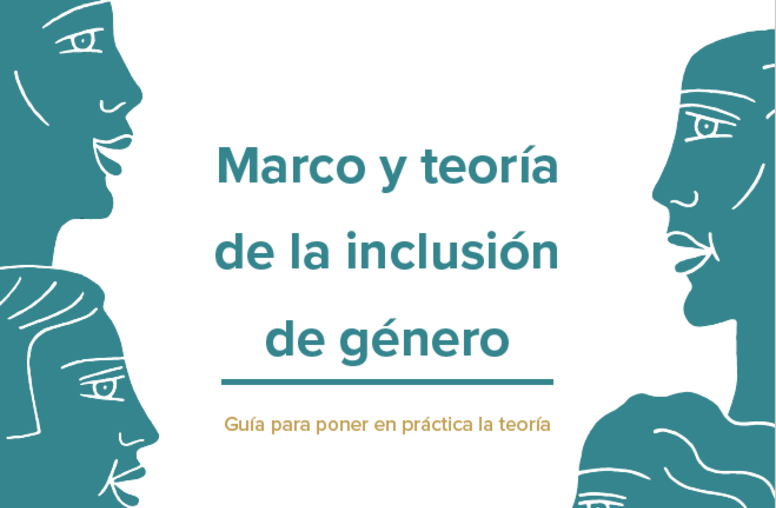
Gender Inclusive Framework and Theory (Spanish)
La guía Marco y teoría de la inclusión de género (GIFT) es una herramienta accesible y exhaustiva que facilita la integración del análisis de género en el diseño de proyectos.
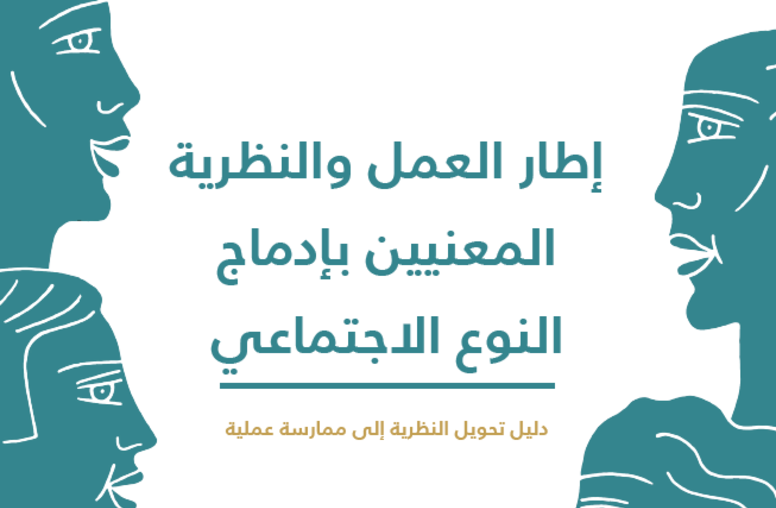
Gender Inclusive Framework and Theory (Arabic)
(Arabic) The Gender Inclusive Framework and Theory (GIFT) guide is an approachable and thorough tool that facilitates the integration of gender analysis into project design. Because peacebuilding work is context dependent, the GIFT puts forth three approaches to gender analysis – the Women, Peace and Security Approach; the Peaceful Masculinities Approach; and the Intersecting Identities Approach – that each illuminate the gender dynamics in a given environment to better shape peacebuilding projects.
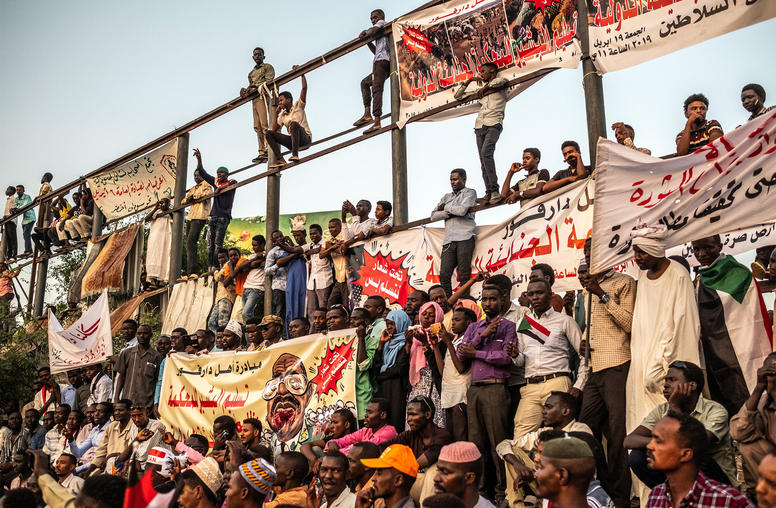
Normalizing Sudan-Israel Relations Now is a Dangerous Game
With the UAE and Bahrain having joined Egypt and Jordan in declaring peace with Israel, those asking “who’s next?” often look enthusiastically westward, toward Khartoum. Adding new chapters to the Abraham Accords is in the U.S. interest, but so is a successful transition in Sudan. And the sequence of these steps is critical. A unified Sudanese government with a popular mandate will be better able to forge a warm and sustainable peace with Israel, whereas a rushed Israeli-Sudanese agreement has the potential to unravel Sudan’s transition and generate renewed support for Sudan’s Islamists and their foreign backers.
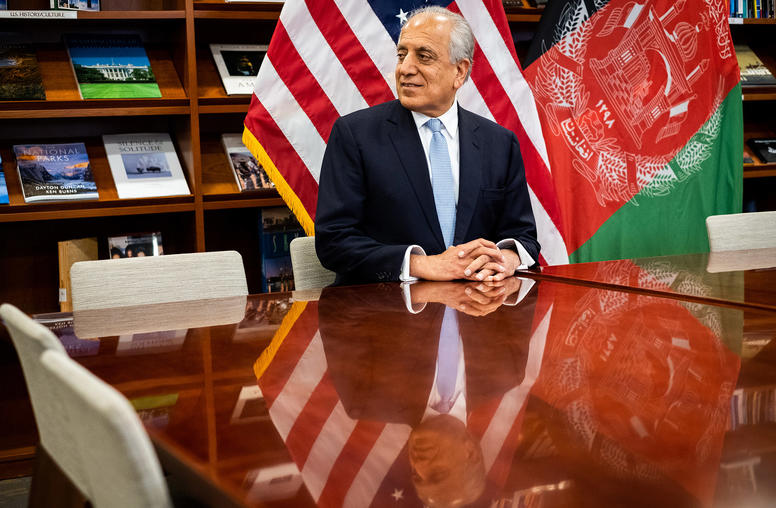
Afghan Talks Are Historic Chance for Peace, Says Top U.S. Negotiator
Afghan peace talks that began in Doha on September 12 are a “historic opportunity” that could bring a close to four decades of conflict in the country and end America’s longest war, said the U.S. special representative for Afghanistan reconciliation on Thursday. The ongoing talks are the “heart of the Afghan peace process,” said Ambassador Zalmay Khalilzad. “It's important to be fully aware of the significance of this moment, and to recognize its historic relevance.” With a note of a cautious optimism, he said there is hope but still a long road ahead, with many thorny issues to be negotiated.

Scott Worden on Afghan Peace Talks
With talks finally underway between the Taliban and Afghan government, USIP’s Scott Worden says initial expectations should be tempered, as the chances for success are “low in the short term, but much higher than if the talks hadn’t begun,” adding, “you can’t end a war without starting a peace process.”
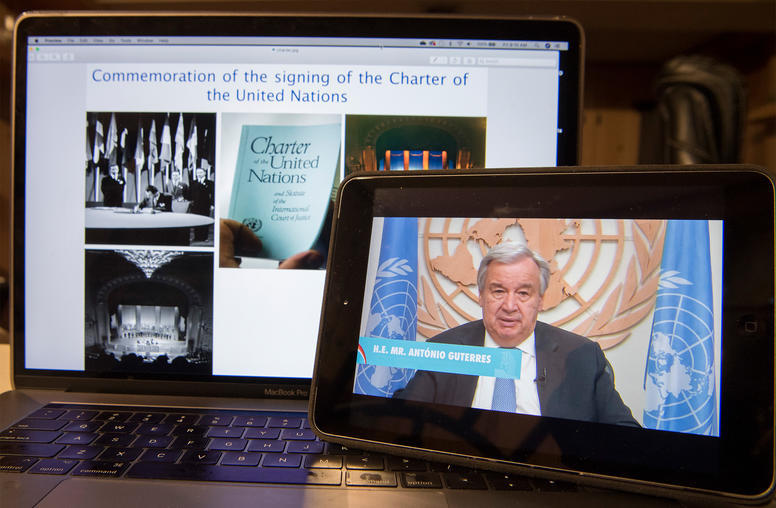
Six Things to Watch at the U.N. General Assembly
This year’s United Nations General Assembly (UNGA) meeting, happening against the backdrop of the 75th anniversary of the U.N.’s founding, was supposed to be a major milestone—a moment for world leaders to reflect on the organization’s pursuit of peaceful international cooperation since the devastation of World War II, and to consider how the multilateral system should evolve to tackle the 21st century’s biggest challenges. Instead, the COVID-19 pandemic has upended the traditional in-person gathering at the U.N.’s headquarters in New York City. This UNGA will be a much more muted affair, with participants using the same videoconferencing technology to which we have all become accustomed in 2020. But the challenges facing the international system are as pressing and complicated as ever. As UNGA goes virtual, here are six issues to watch.
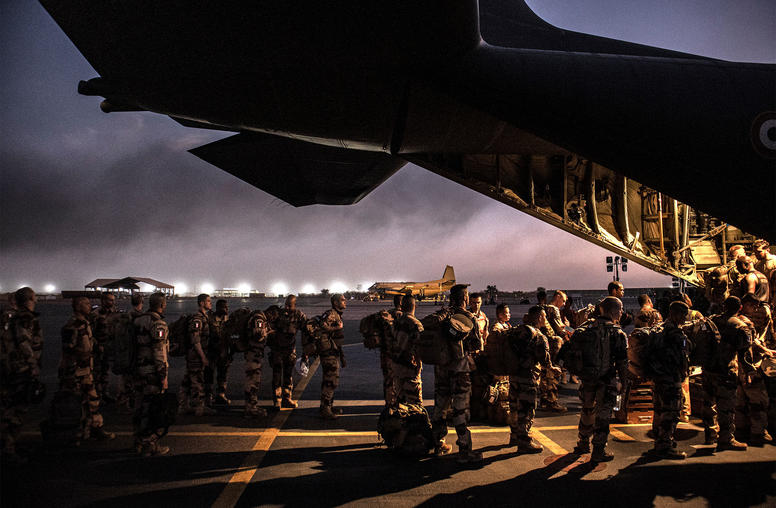
How International Security Support Contributed to Mali’s Coup
Since a 2012 coup, Mali has received significant security assistance from United States, France, the European Union and other foreign donors to address violent extremism and insurgency and help stabilize the country. In the wake of the August military coup, it is clear that strategy has backfired—and that, in fact, the failure of international security sector assistance to prioritize governance likely contributed to the conditions that led to the coup.
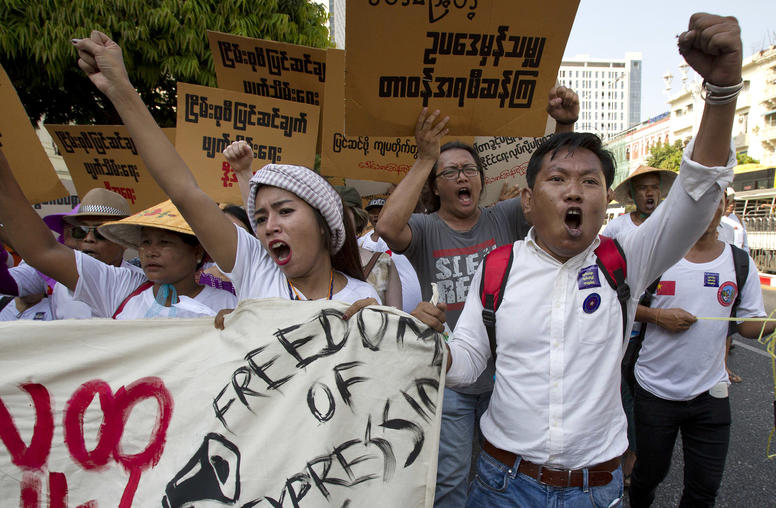
Nonviolent Action in Myanmar: Challenges and Lessons for Civil Society and Donors
The National League for Democracy’s decisive victory in Myanmar’s 2015 elections inspired hopes of a full transition from military rule and an opening of civil space. Neither has materialized, and the groups working to advance social, political, and economic change in Myanmar continue to face significant challenges. Focusing on three cases of organized nonviolent action in Kachin, Mandalay, and Yangon, this report explores the divide that has opened between civil society and the NLD government and the rifts emerging within civil society itself.
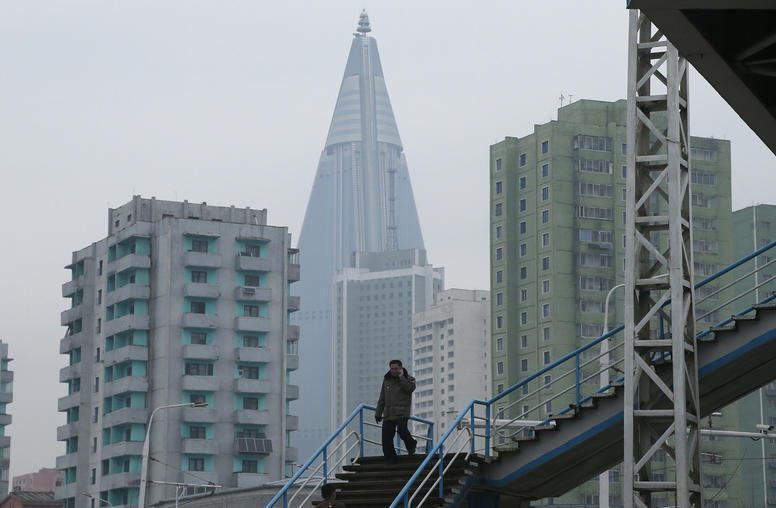
North Korean Phone Money: Airtime Transfers as a Precursor to Mobile Payment System
More than one in five North Koreans have cell phones, and increasingly rely on them to conduct financial transactions. Many of these transactions involve trading cell phone airtime, or “phone money,” for goods and services, and even for offering bribes. This report examines the potential for airtime trading to evolve into a formal mobile money system, which could enhance market activity and stability while providing opportunities for the country to engage with the international community.
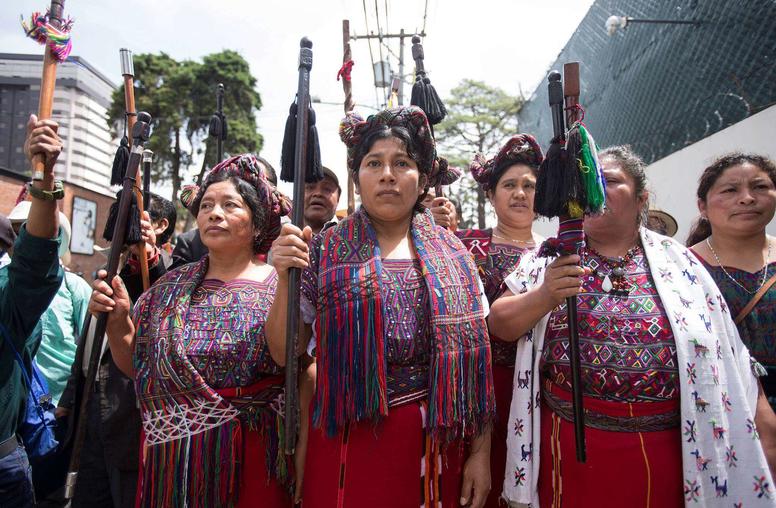
Curbing Corruption after Conflict: Anticorruption Mobilization in Guatemala
This report analyzes the fight against corruption in Guatemala by social movements over the past five years, homing in on their major successes and challenges in working to advance transparency, accountability, and good governance. The lessons drawn from these efforts can be applicable for other movements around the world operating in similar contexts. The work also has a larger bearing for international actors helping states build peace and democratic governance following prolonged violent conflict.